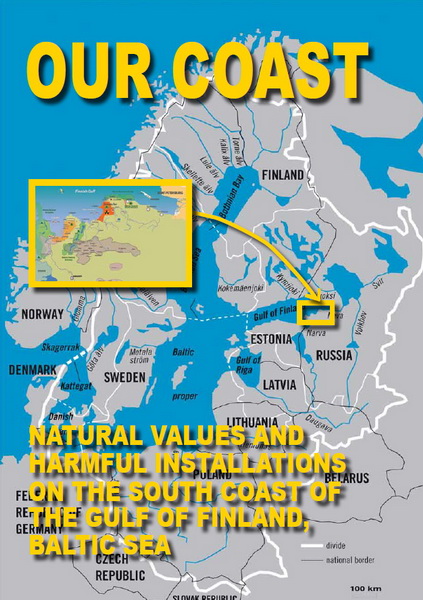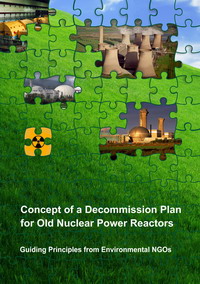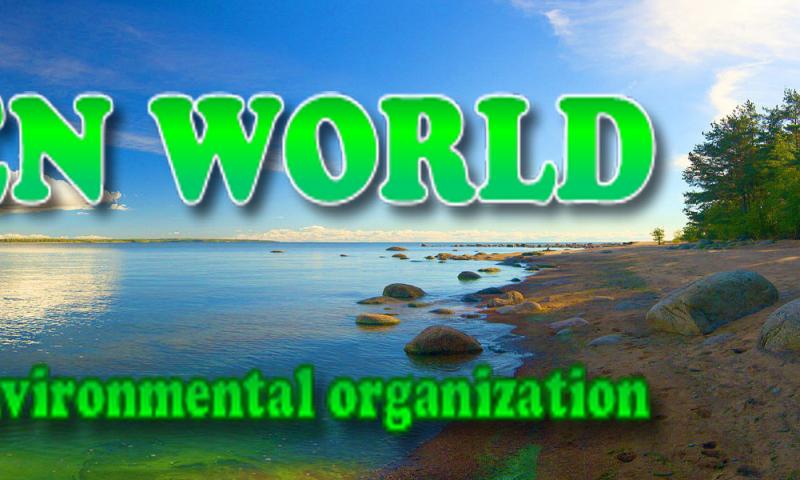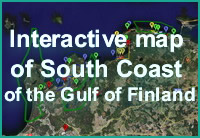
 |
The South Coast of the Gulf of Finland |
|---|---|
| Natural Values and Harmful Installations |
 |
Concept of a decommission plan for old nuclear power reactors |
|---|---|
| Guiding Principles from Environmental NGOs |
Concept of a decommission plan for old nuclear power reactors. Guiding Principles from Environmental NGO's O.V. Bodrov
O.V. Bodrov
Non-governmental, non profit environmental organisation “Green World” Sosnovy Bor, Leningrad Oblast, Russian Federation
In the coming years Russian society will have to solve the complex and inevitable problem of decommissioning NPPs, which have reached the design lifecycle limit. The present generation of nuclear power consumers should not export the decommissioning problem solution to future generations.
The Decommissioning Plan should secure the environmental, social and economic safety of this process for Russia. It is also necessary to take care of the safety of nature and ecosystems shared by the country with its neighbor-states.
Russia has no national and regional repositories for nuclear and radioactive waste, which would be able to take them in the avalanche-like growing volumes during NPPs decommissioning. It is necessary to establish a unified radioactive waste management system and pass the Federal Act on RW Management as soon as possible.
During the decommissioning of power units, which have reached their design time limit, it is advisable to adapt the experience of other countries, Germany and Lithuania in particular, to the Russian situation.
The decommissioning plans should be based on the condition of sustainable development of regions hosting the NPPs and proposed facilities of RW and SNF disposal and reprocessing. For that, the principles below should be followed:
transparency of all political, technological, environmental, social and economic decisions taken;
involvement of concerned public into the decision-making process;
independence of ecological, technological and financial monitoring of the decommissioning plan and projects implementation;
nuclear, radiological and ecological safety during the equipment dismantling and SNF/RW management;
social protection of the personnel, which depend on the operation of power units subjected to decommissioning; also applies to nuclear neighborhoods.
social responsibility before future generations of people, which will live in the region where NPPs have been decommissioned and near the sites where RW and SNF have been disposed.
It is necessary to establish socially-oriented ecological monitoring of regions, where NPPs are decommissioned, and of areas around RW and SNF temporary storage or disposal sites. It must be transparent for the public and independent from nuclear industry.
Civil control of the decommissioning plan implementation can be efficiently performed by the established Regional Public Council. It can play a role of an advisory body for authorities, nuclear industry, it can also keep the society informed about the decommissioning progress.
Mission of the regional Public Council – provide social, ecological, technological and ethical acceptability of the decommissioning process, ensure its transparency and openness.
It is advisable to include the representatives of the following stakeholders into the Council: authorities, nuclear industry and non-governmental organisations.
It is advisable to empower the Council and provide budgeting for independent examination of technological decisions taken and possible socio-economical consequences resulting from them.


